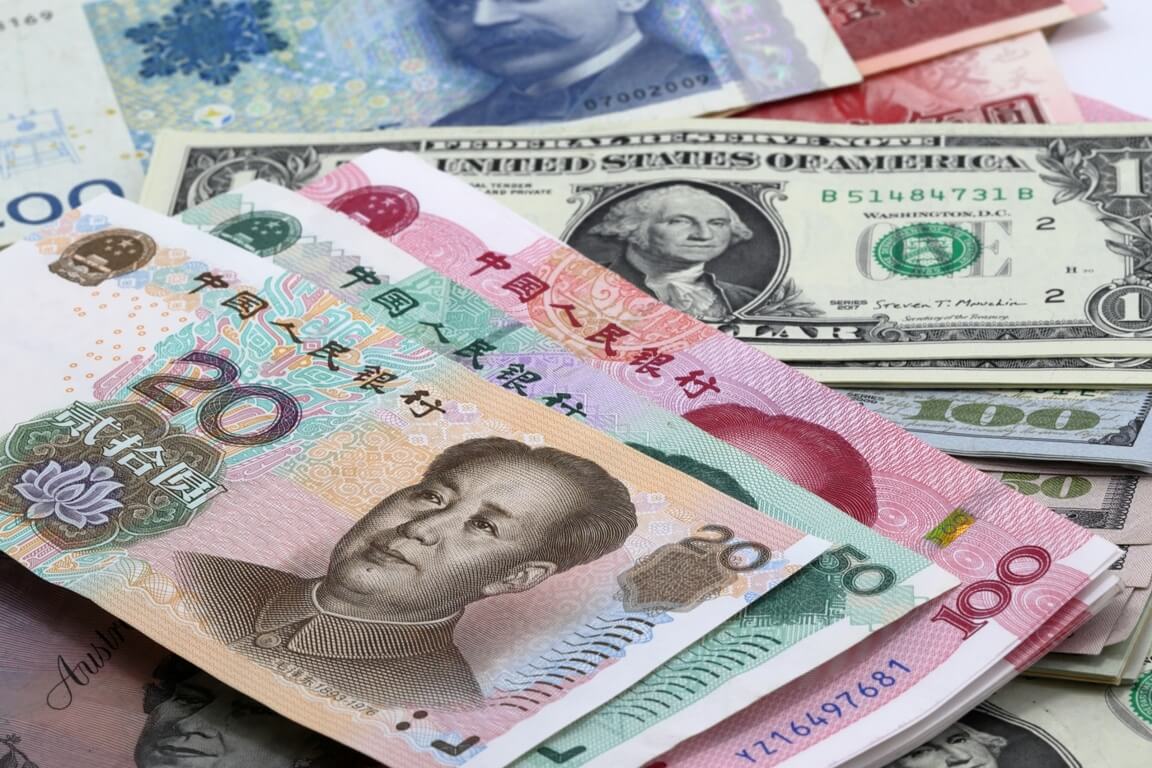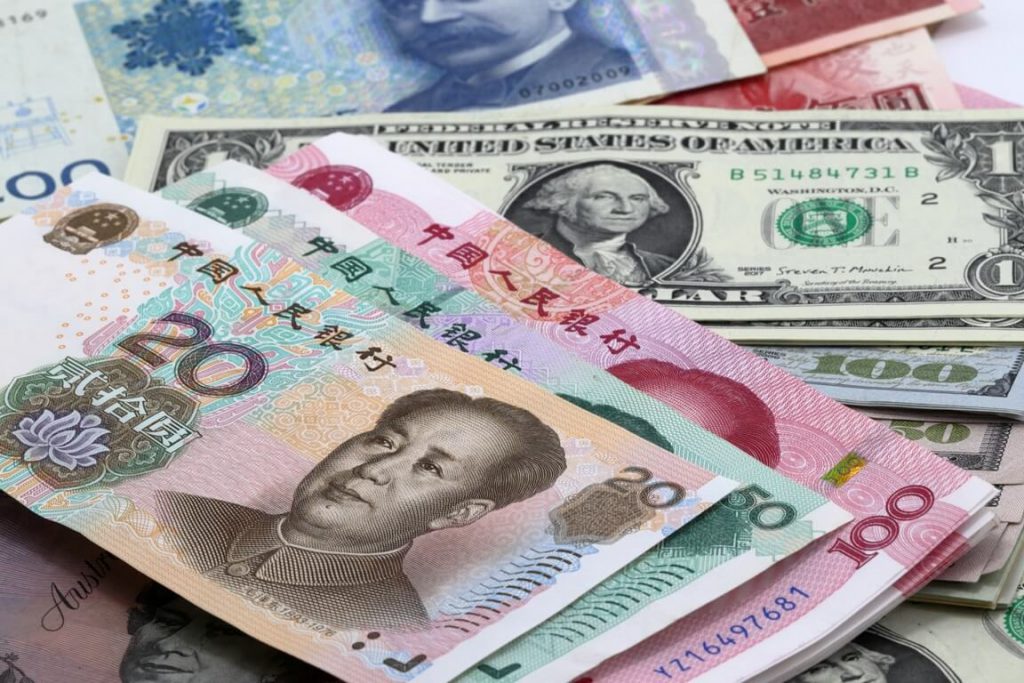
Chinese Yuan plunged low while the U.S. dollar rallied
The U.S. dollar soared on Monday, its index jumping by 0.45% to 106.15. On the other hand, the common currency plummeted by 0.55% against the greenback to trade at $1.0200. Moreover, commodity currencies such as the Aussie declined due to disappointing Chinese data. The latter deepened global recession concerns.
Chinese retail sales, industrial output, and fixed-asset investment numbers came much lower than analysts expected, as the data released on Monday showed. It seems the country’s recovery from coronavirus lockdowns is faltering. Consequently, the offshore Chinese yuan plunged to 6.7904, hitting the weakest level since August 2. Moreover, the Australian dollar shaved off 1.37%, exchanging hands at $0.7022.
Ipek Ozkardeskaya, the market strategist at Swissquote, noted that bad data from China also bolsters recession fears in the global markets. She added that the euro decreased against the dollar because of it. Meanwhile, U.S. Treasury yields dropped due to worries that the Federal Reserve tightening would send the American economy into recession. But Fed officials reiterated that it’s too soon to declare victory on soaring inflation.
How are the EM currencies faring?
Southeast Asian currencies struggled today due to Chinese data. The Philippine peso and Indonesian rupiah suffered the most. However, the Thai baht also plummeted due to mixed economic growth data. Besides, the peso tumbled down by 0.3% in Southeast Asia. Before that, the currency had gained 1.5% during the prior week.
Vishnu Varathan, the head of economics & strategy at Mizuho Bank, noted that worries around China’s growth outlook, as well as its insistence on a ‘zero-COVID-19’ policy, are pressuring the central bank to diverge from its global peers. Thus, it may cut its prime lending rate by 10 basis points. But such inevitably may also push the yuan into the red. If that happens, the South Korean won, and the Singapore dollar will also fall. Malaysian ringgit will likely weaken to some extent, as well.


